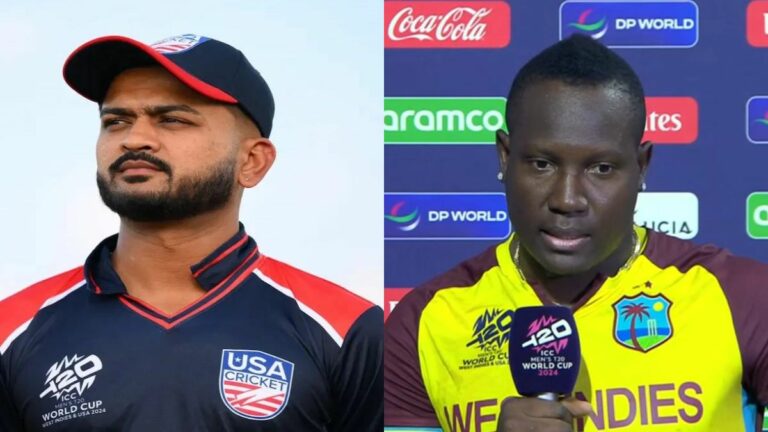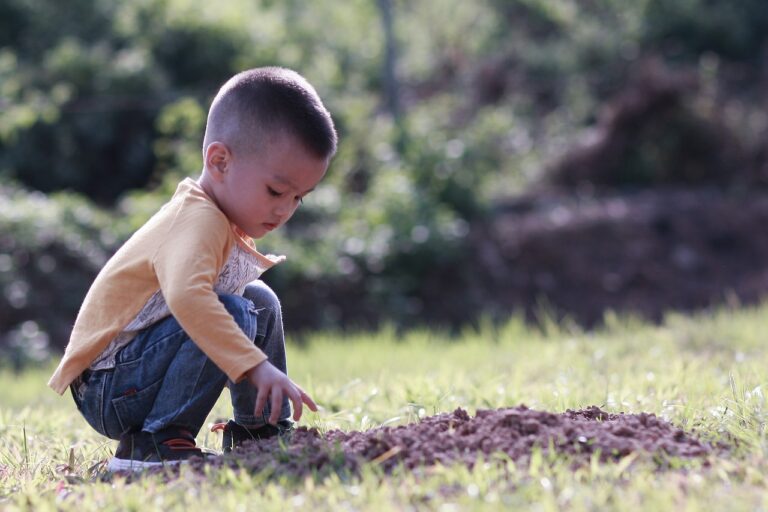How to Develop a Cricket Mentorship Program: Betbhai9 whatsapp number, Radhe exchange admin, Lotus365.win login
betbhai9 whatsapp number, radhe exchange admin, lotus365.win login: Developing a cricket mentorship program can be a rewarding experience for both mentors and mentees. Not only does it provide a platform for sharing knowledge and experience, but it also helps in nurturing talent and fostering a sense of community within the cricketing fraternity. In this blog post, we will discuss how you can go about setting up a cricket mentorship program that is effective and sustainable.
Identify the Objective
Before you start recruiting mentors and mentees, it is essential to identify the objectives of your mentorship program. Are you looking to provide guidance to young and upcoming cricketers? Or are you aiming to help players develop specific skills or overcome challenges? Clarifying your goals will help you in designing a structured program that meets the needs of both mentors and mentees.
Recruit Mentors
The success of your mentorship program relies heavily on the quality of mentors you recruit. Look for experienced cricketers who have a passion for mentoring and are willing to commit their time and energy to help others grow. Reach out to former players, coaches, or even current players who are known for their leadership skills and willingness to support others.
Match Mentors with Mentees
Once you have a pool of mentors and mentees, it’s time to match them based on their goals, preferences, and personalities. It is essential to ensure that there is a good fit between the mentor and mentee to foster a strong and productive relationship. Consider factors such as playing style, position, and temperament when making the matches.
Set Clear Expectations
To ensure that both mentors and mentees are on the same page, it is crucial to set clear expectations from the outset. Define the goals of the mentorship program, the roles and responsibilities of both parties, and the frequency and mode of communication. Encourage open and honest communication to address any issues or concerns that may arise during the mentorship.
Provide Training and Support
Even experienced mentors may benefit from training and support to enhance their mentoring skills. Consider organizing workshops or training sessions to provide mentors with the tools and techniques they need to support their mentees effectively. Additionally, offer ongoing support and feedback to mentors to help them navigate any challenges they may encounter during the mentorship.
Evaluate and Adapt
Regular evaluation of your mentorship program is essential to ensure its effectiveness and sustainability. Collect feedback from mentors and mentees on their experiences, identify areas for improvement, and make necessary adjustments to enhance the program. Consider implementing a formal evaluation process to measure the impact of the mentorship program on the development of players.
FAQs
Q: How long should a mentorship program last?
A: The duration of a mentorship program can vary depending on the goals and needs of the participants. Some mentorship relationships may last for a few months, while others may extend over a more extended period.
Q: Can mentors and mentees be from different age groups?
A: Yes, mentors and mentees can be from different age groups as long as there is a mutual respect and understanding between the two parties. Age should not be a barrier to effective mentorship.
Q: How can I measure the success of my mentorship program?
A: Success can be measured by setting specific goals and evaluating the progress made towards achieving them. Collecting feedback from mentors and mentees can also provide valuable insights into the impact of the mentorship program.







